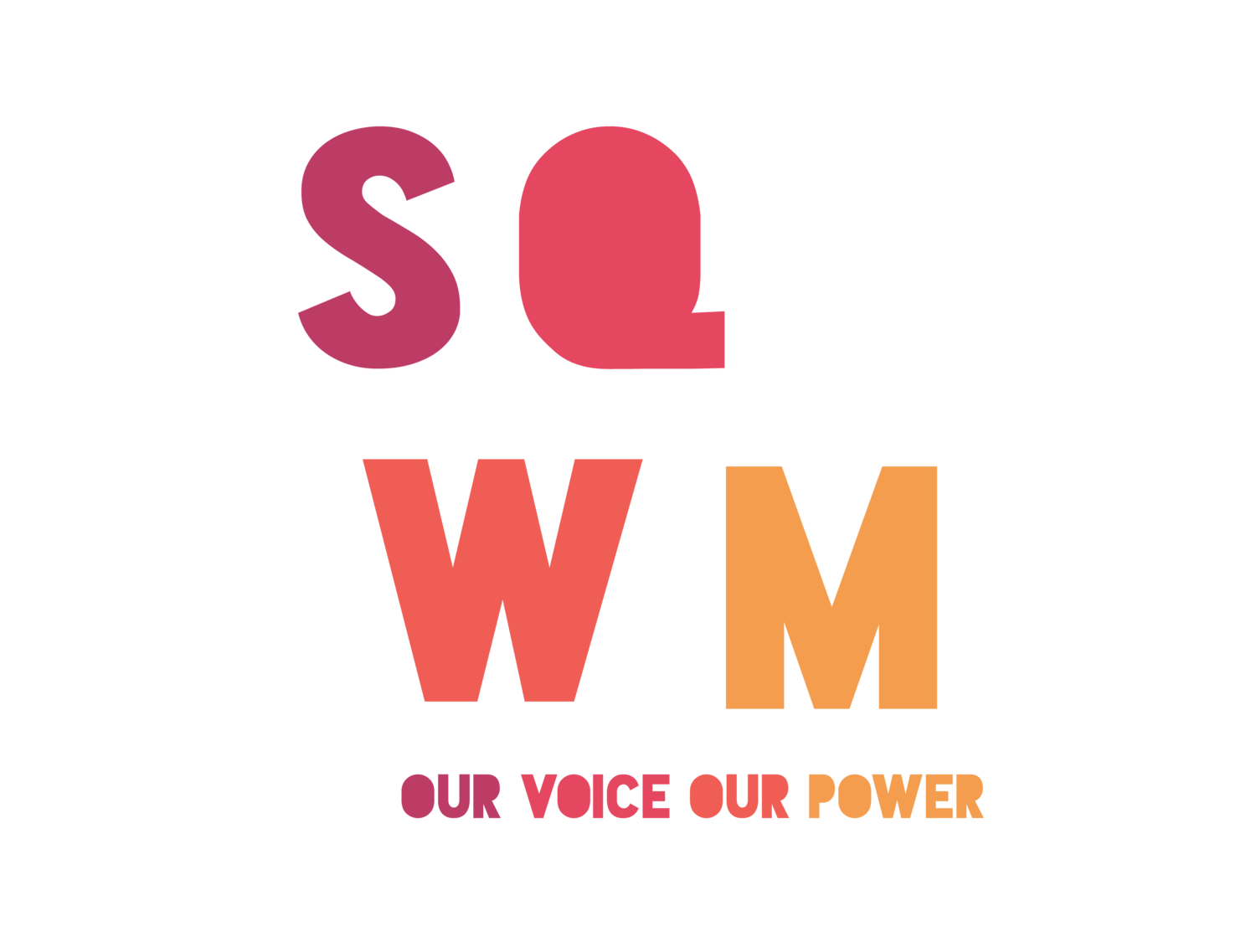SQWM Statement Against AAPI Hate
South Queens Women’s March stands in solidarity to stop hate against AAPI communities—globally. Our hearts go out to those who have been impacted by the traumas that have unfolded over the past year with rising numbers of hate crimes against innocent people, perpetrated by racist minds. To the AAPI community, especially those in our beloved borough of Queens: we see you, we hear you, we grieve with you, and we acknowledge all that is happening. We are here to stop and challenge AAPI hate.
On Tuesday, March 16, just hours before a white gunman entered three massage parlors in Atlanta, Georgia, murdering eight people, six who were Asian women, “Stop AAPI Hate” reported the disturbing rise of anti-Asian racist incidents across the United States. Since March 2020, there have been at least 3,800 reported incidents of anti-Asian violence. These numbers only represent reported incidents. We know there are far more that go unreported.
Locally, we have seen a staggering 1,900 percent increase in anti-Asian crimes in New York City in the past year - many representing hateful responses to misinformation spread related to COVID-19 and the deplorable scapegoating of AAPI people. As a gender justice organization, we also underscore that these incidents have affected women disproportionately. Nearly 70 percent of the nationwide reports were women, and women reported hate incidents 2.3 times more than men.
We must hold ourselves accountable and take meaningful action. We will challenge the historical roots of anti-Asian rhetoric, stereotypes and historical inaccuracies that fuel xenophobia and long standing bigotry. We recognize that this hate is not new and that it runs in tandem with the racist history of this country, including pervasive anti-blackness.
We will do our best to ensure white supremacist traits and characteristics are not embedded, whether explicitly or implicitly, in our organization or its practices.
We will denounce journalists and law enforcement officials who claim perpetrators of racist violence are “lone wolves” and continuously justify their actions. We know this could not be further from the truth and that there is no singular narrative to describe the utter misogyny and racism we are witnessing.
We recognize that the murders which occured on March 16 in Atlanta were a direct result of the fetishization of AAPI women and AAPI bodies. This type of exotification dates back as far as the Page Act of 1875 when the United States prohibited the immigration of Asian women because they were presumed to present polygamy and prostitution concerns. This hypersexualization is dangerous and it remains prevalent today. We must fight against this and all violence against women, especially women of color, working class women, immigrant women, and sex workers which is undeniably normalized in our society.
We must protect each other and fight back against those deep-seated systems that perpetuate oppression. We must commit to long-term work and community care.
We recognize that in order to promote true safety in our community, we must turn to each other as neighbors, as opposed to a police system that is inherently patriarchal. We recognize that police officers are not equipped to appropriately resolve conflict or heal communities.
We commit to doing our own internal work, including unpacking the model minority myth and understanding how it presents long-term community harm.
Finally, we commit to centering AAPI voices as much as we can and including AAPI communities in our base-building work to promote a truly equitable society.
This is on all of us.
#StopAAPIHate
Artwork by Amanda Phingbodhipakkiya for the March 29, 2021 issue of "TIME" (photo courtesy "TIME")

